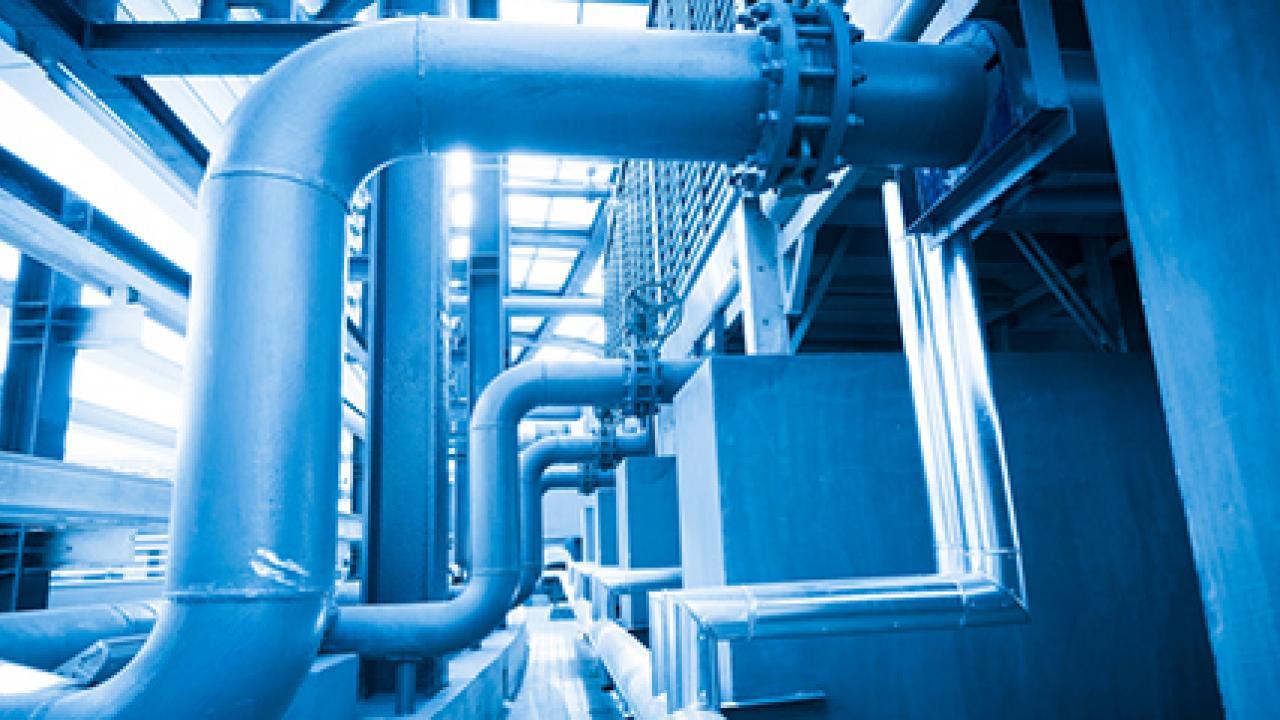
Heating and air conditioning are indispensable components of modern comfort, playing a crucial role in creating a pleasant and livable indoor environment. Whether it is sweltering summer days or the biting chill of winter nights, an efficient heating and air conditioning system ensures that your home remains a sanctuary against the elements. However, many people find the intricacies of these systems overwhelming, from selecting the right equipment to understanding how to maintain it effectively.
In this ultimate guide, we will simplify the essential aspects of heating and air conditioning. We aim to empower you with the knowledge to make informed decisions about your home climate control. Throughout this article, you will discover tips for choosing the best systems, insights into installation and maintenance, and ways to boost energy efficiency. Embrace the journey to a more comfortable home and enhance your living conditions with ease.
Understanding HVAC Systems
ApexHeatAndAC Heating and Air Conditioning Combo
Heating and air conditioning, collectively referred to as HVAC, play a crucial role in maintaining indoor comfort throughout the year. These systems are designed to regulate temperature, humidity, and air quality in residential and commercial spaces. By understanding the different components and functions of HVAC systems, homeowners can make informed decisions about their heating and cooling needs.
An HVAC system typically includes a furnace or boiler for heating, an air conditioning unit for cooling, and ductwork that distributes the conditioned air throughout the building. In addition to these main components, there may also be thermostats, air filters, and ventilation systems that contribute to overall efficiency and air quality. Proper installation and regular maintenance are essential to ensure these systems operate effectively and efficiently.
Energy efficiency is a key consideration when choosing heating and air conditioning options. Modern HVAC systems come equipped with advanced technology that maximizes energy savings while providing optimal comfort. Homeowners should be aware of the seasonal energy efficiency ratio (SEER) and annual fuel utilization efficiency (AFUE) ratings when selecting systems to minimize energy costs and environmental impact. Understanding these factors can lead to better choices that align with both comfort and sustainability.
Choosing the Right System
Selecting the appropriate heating and air conditioning system for your home is a crucial decision that can impact comfort and energy efficiency. Start by assessing your specific needs based on your climate, the size of your home, and your budget. For colder regions, a robust heating system is essential, while areas with extreme heat require effective air conditioning. Consider whether you will benefit more from a central system, which can evenly distribute temperature throughout larger spaces, or a ductless mini-split system, which offers flexibility for zoned heating and cooling.
Energy efficiency is another key factor in choosing the right system. Look for units with high Seasonal Energy Efficiency Ratio (SEER) ratings for air conditioning and Annual Fuel Utilization Efficiency (AFUE) ratings for heating systems. Opting for energy-efficient models not only reduces your carbon footprint but also lowers your utility bills in the long run. In addition, consider the availability of smart thermostats that can optimize energy usage by learning your habits and adjusting accordingly.
Lastly, don’t overlook the importance of professional installation and maintenance. Even the best heating and air conditioning system can underperform if not installed properly. It’s wise to consult with licensed HVAC professionals who can assess your home and recommend the best system tailored to your needs. Regular maintenance and timely repairs also ensure longevity and efficiency, allowing your system to provide reliable comfort throughout the seasons.
Maintenance Tips for Longevity
Regular maintenance is crucial for maximizing the lifespan of your heating and air conditioning systems. One of the simplest yet most effective tasks you can perform is to change or clean the air filters every one to three months, depending on usage. Clogged filters restrict airflow, making your system work harder and reducing its efficiency. By maintaining clean filters, you not only promote better air quality but also enhance the overall performance of your unit.
Another key aspect of maintenance is scheduling professional inspections and tune-ups at least once a year. These seasonal check-ups allow trained technicians to identify and address potential issues before they escalate into costly repairs. They will examine essential components such as coils, electrical connections, and refrigerant levels, ensuring that your system operates smoothly. Regular inspections can lead to substantial energy savings and extend the life of your heating and air conditioning systems.
Lastly, consider the importance of proper insulation and sealing in your home. Ensuring your home is adequately insulated and that windows and doors are sealed can significantly reduce the strain on your heating and air conditioning units. When your home retains its temperature more effectively, your systems don’t have to work as hard. Simple measures like weather stripping and insulation can enhance comfort levels and contribute to the longevity of your heating and air conditioning systems.